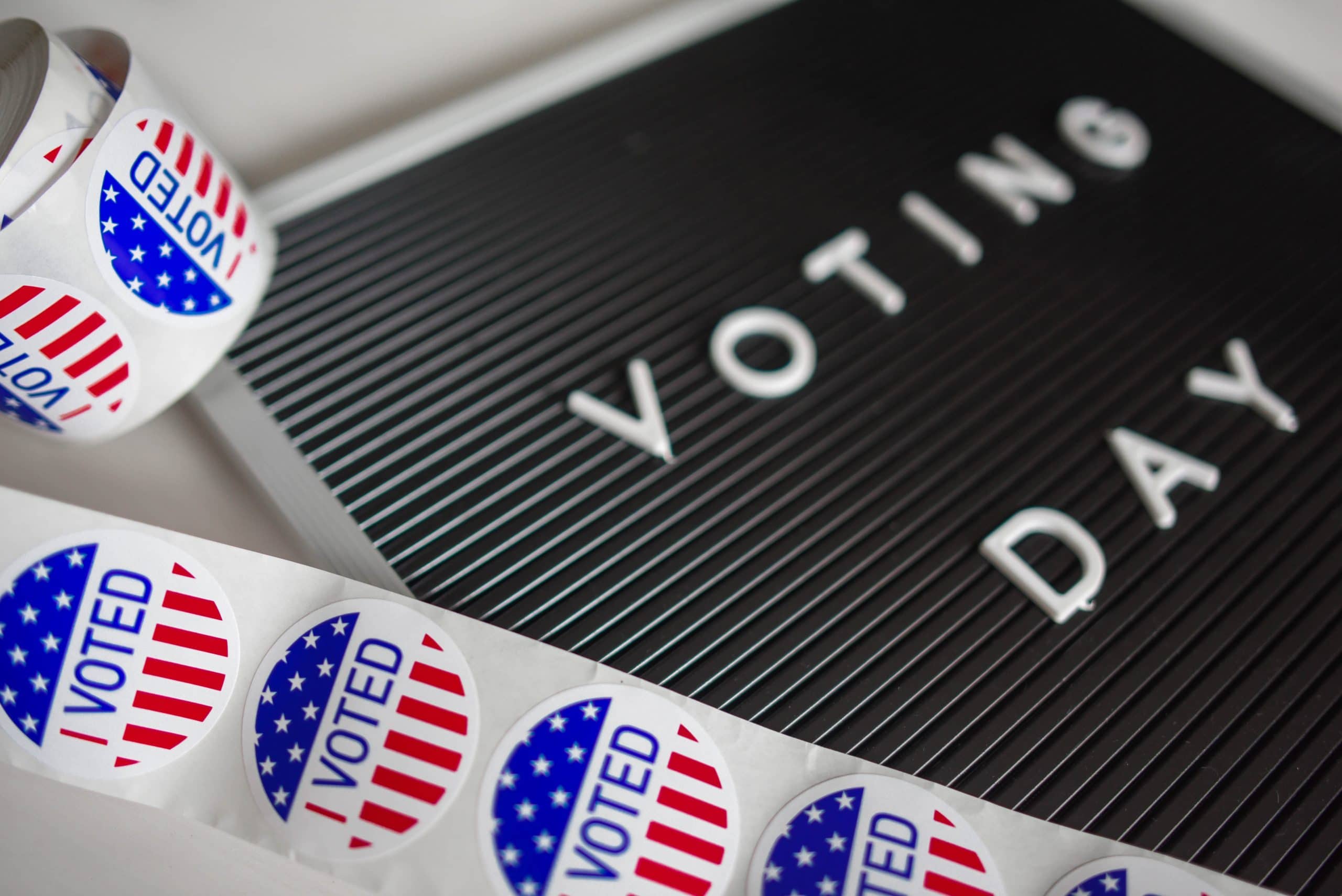
As the fastest-growing demographic group in the United States, senior citizens significantly impact the outcomes of elections. However, many seniors face barriers when exercising their right to vote.
This post will discuss why senior voting matters, common obstacles seniors face, and tips for overcoming those barriers.
Why senior voting matters: Power of the senior vote
Seniors are an important voting demographic for several reasons. For one, the baby boomers have unique concerns more relevant to politicians than other age groups.
Some significant issues for seniors are healthcare, Social Security, and Medicare. Additionally, seniors tend to be more politically active and engaged than other age groups, which makes them a powerful force in the electoral process.
Barriers to senior voting
Despite the importance of senior voting, many seniors need help casting their ballots. Voter suppression is a common issue that affects many seniors.
Some states require voter ID laws that may be difficult for seniors to obtain, especially if they are low-income or have mobility issues. Additionally, many seniors lack transportation and access to polling places, making it difficult to vote in person.
Finally, technology barriers can also impact senior voting. Many seniors may be uncomfortable with online registration or voting systems, which can limit their ability to participate in elections.
Senior voting rights
Seniors have the same legal rights to vote as any other citizen. However, recent legislative changes have made voting harder for some seniors.
For example, some states have passed restrictive voting laws that make it harder for seniors to cast their ballots. These laws may require additional forms of identification or limit early voting options.
However, many states also offer voting accommodations for seniors, such as curbside voting or mail-in ballots.
Tips for senior voting
Suppose you are a senior citizen who wants to vote but may face barriers or challenges. In that case, there are several steps you can take to make the process easier.
First, ensure you are registered to vote. You can register online or by mail; many states offer same-day registration options. If you have mobility issues or lack access to transportation, consider voting by mail.
This option allows you to cast your ballot from the comfort of your home. Finally, bring any required identification with you to the polling place.
Options for senior voting
There are several options available for seniors to vote.
Options #1 absentee voting
Absentee voting allows eligible voters to cast their ballots even if they are not physically present at a polling station on election day.
This system is particularly useful for individuals unable to vote in person due to work, travel, or illness.
Options #2 early voting
Early voting refers to the process of casting votes in an election before the official election day.
This allows eligible voters to submit their ballots at a time and location that’s convenient for them, thus reducing the chances of long lines and overcrowding on election day.
Early voting also enables individuals unable to vote on election day due to work or other commitments to exercise their right to vote.
In addition, early voting helps to accommodate voters with disabilities, the elderly, and those who may face language barriers by providing additional time and assistance.
Option #3 mail-in ballot voting
Mail-in ballot voting has become popular in recent years, allowing voters to vote from the comfort of their homes.
This voting method has been especially useful during the COVID-19 pandemic, allowing voters to avoid long lines and crowded polling stations.
Mail-in voting typically involves sending a mail ballot, which is verified and counted by election officials.
Senior voting is an integral part of the democratic process, and seniors must have the ability to exercise their right to vote.
By understanding the common barriers to senior voting and overcoming those obstacles, seniors can make their voices heard in all elections. Remember, every vote counts, so make sure you cast yours on Election Day.
Related Content
- Understanding the Values of Baby Boomers
- Breaking the Stereotypes: Overcoming Ageism in Today’s Society
- Best Health Insurance Options for Seniors and Retirees in 2023
- Medicare’s What’s Covered App
- Laws Against Taking Advantage of the Elderly